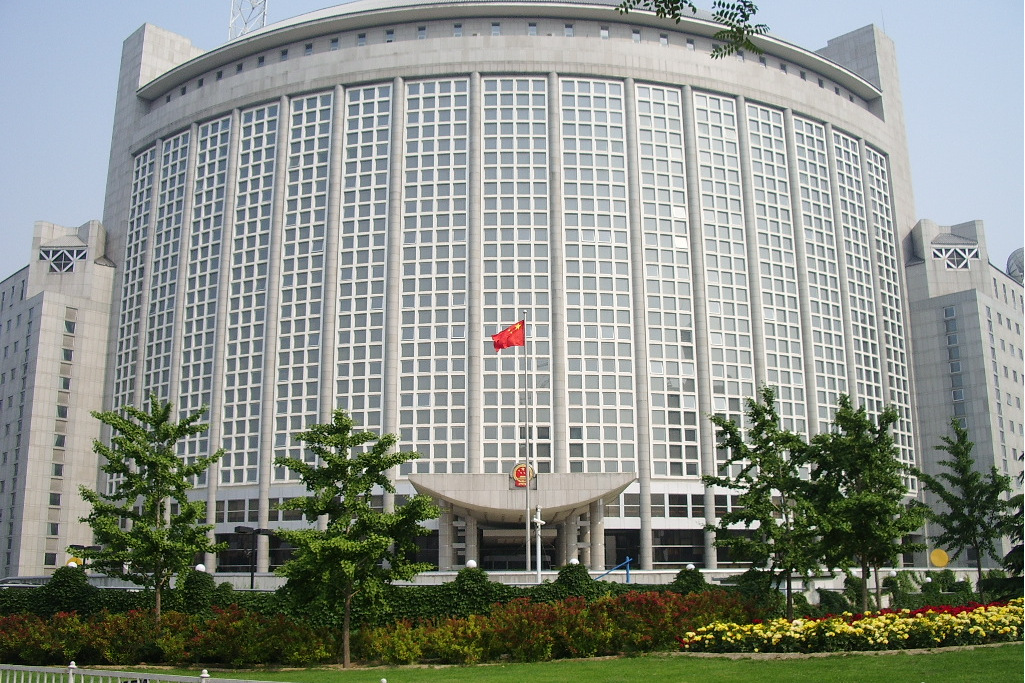
Related Posts:
- What’s New for China’s Rules on International Civil Jurisdiction? (A) - Pocket Guide to 2023 China’s Civil Procedure Law (2)
- Thus Spoke Chinese Judges on International Civil Jurisdiction: Insights from Chinese Supreme Court Justices on 2023 Civil Procedure Law Amendment (1)
In this context, the Model Clauses aims to facilitate advance planning and provide guidance to Chinese and foreign commercial entities when entering into trade, investment, and other commercial agreements. The XICT hopes to encourage international commercial parties to choose submit their disputes to its jurisdiction when entering into agreements, positioning the tribunal as a preferred venue for resolving international commercial disputes.
For instance, as the Basic Jurisdiction Clause suggests, “any dispute arising out of or in connection with the present contract (agreement) shall be exclusively and irrevocably submitted to Xiamen International Commercial Tribunal of Fujian province for decision under the jurisdiction of the People’s Republic of China”.
As the accompanying notice indicates, “parties of the present contract (agreement) who adopt this consensual jurisdiction model clauses have explicitly chosen exclusive jurisdiction to avoid parallel proceedings and avail themselves of the extraterritorial judgment recognition and enforcement framework provided by the Hague Convention on Choice of Court Agreements”.
In January 2022, the Xiamen Intermediate People’s Court was approved by China’s Supreme People’s Court to establish the XICT.
Related Posts:
- What’s New for China’s Rules on International Civil Jurisdiction? (A) - Pocket Guide to 2023 China’s Civil Procedure Law (2)
- Thus Spoke Chinese Judges on International Civil Jurisdiction: Insights from Chinese Supreme Court Justices on 2023 Civil Procedure Law Amendment (1)
- Xiamen International Commercial Court Holds Its First Hearing
Contributors: CJO Staff Contributors Team









